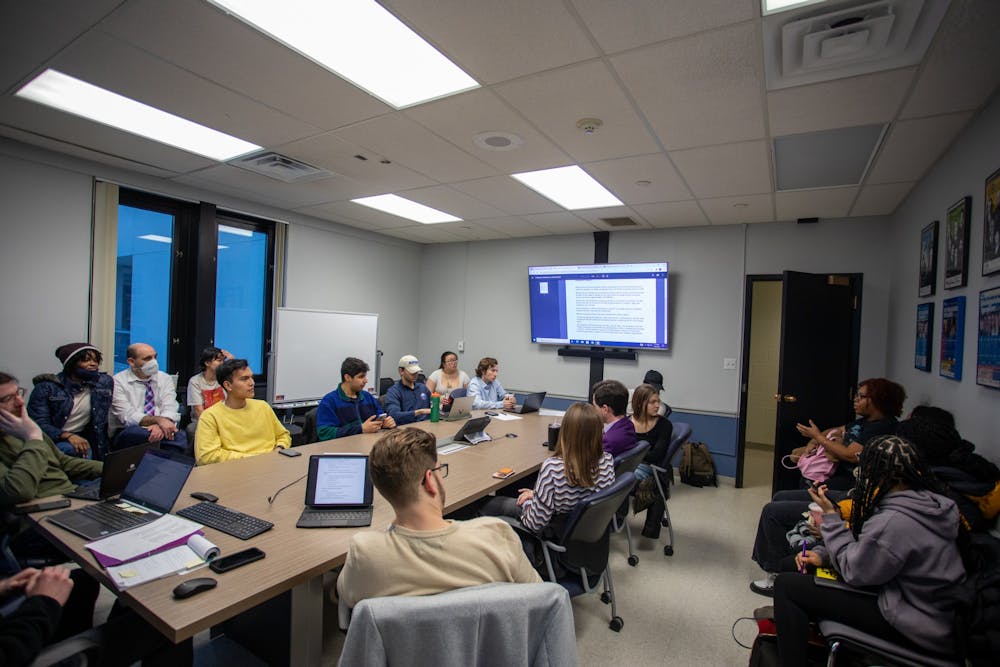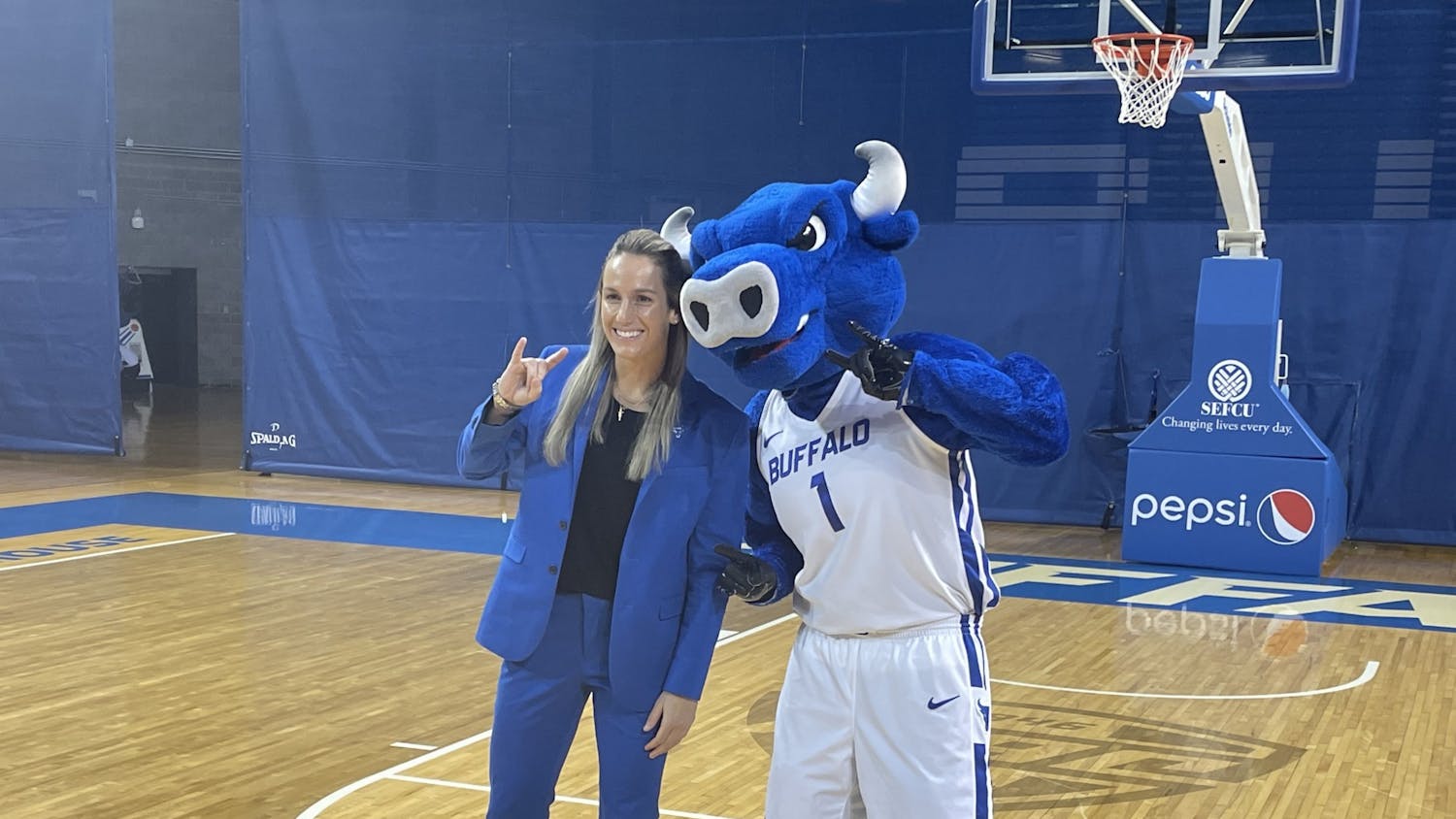After contentious discussions during the senate meeting on Monday, the Student Association Senate failed to pass a resolution that would increase the number of signatures needed to appear on the ballot as a candidate for an executive board office position from 100 to 200.
The vote was an even split, with seven ayes and seven nays or abstains. The measure required a two-thirds majority to pass.
In previous elections, candidates for SA e-board positions were required to obtain 30 undergraduate students’ signatures on a petition to appear on the ballot. The Senate previously voted to increase the threshold to 100 signatures. That requirement went into effect on May 31, 2022, but no elections have been held since then.
The signature threshold to run for a Senate position remains at 50 signatures.
Cameron Kiner, chair of the Elections and Credentials Committee, introduced the resolution, arguing that it “would filter for stronger candidates who are more committed to their responsibilities and more representative of the student body.”
Senator Connor Sullivan said he would vote against the resolution, arguing that raising would make the process more difficult for small parties and minorities like a similar measure passed by New York in 2020. Sullivan also questioned whether increasing the required threshold would threaten already low voter turnout in SA elections.
“Two hundred signatures was 14% of the total votes in the [2022] election,” Tyler Herman, an SA Senate member, said. He suggested running an election with the new 100-signature threshold before increasing it further.
Student Affairs Director Ariel Clarke argued that the threshold is arbitrary, and that a change would likely make little difference in “weeding out bad apples” if a candidate had support from a subset of the student body.
Members in favor of the resolution argued that the higher threshold would be unlikely to act as a barrier to minority groups.
Kiner noted that 200 signatures represent “less than 1%” of UB’s nearly 22,000 undergraduate students, and Hobby Council Coordinator Matthew Dowd said the new requirement is “not limiting minority ideology at all.”
Dowd is also a Spectrum staff writer.
CORRECTION: The Spectrum originally reported that Cameron Kiner was the chair of the SA's Elections and Credentials Committee. He is a member of that committee, but not the chair. We regret this error.
The news desk can be reached at news@ubspectrum.com





